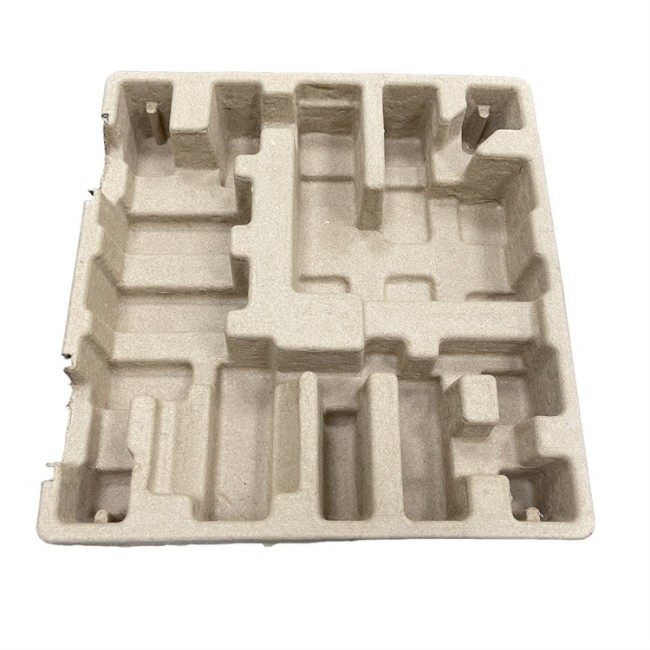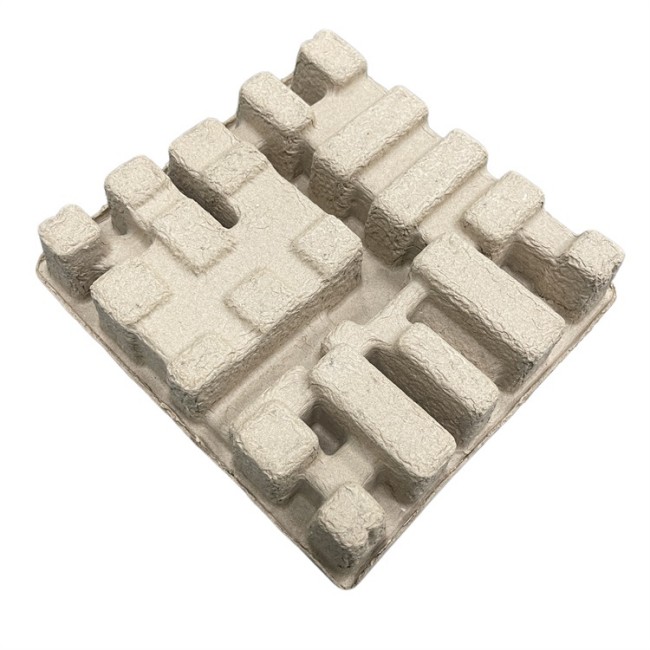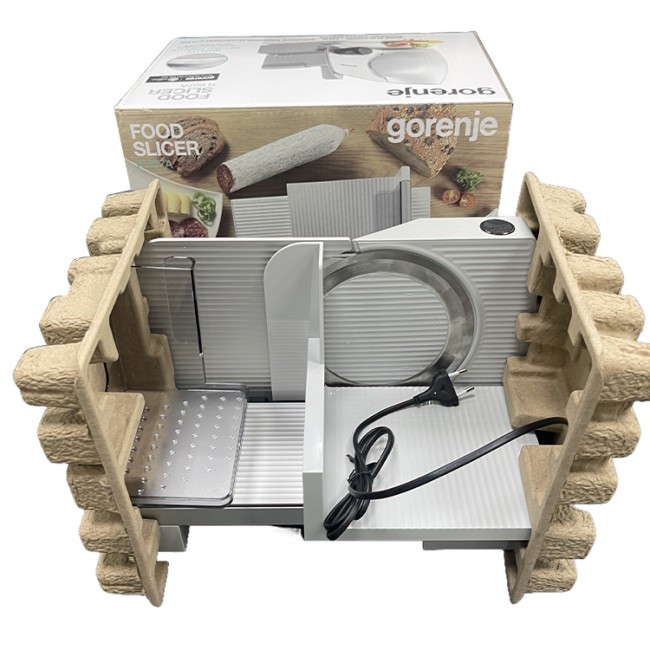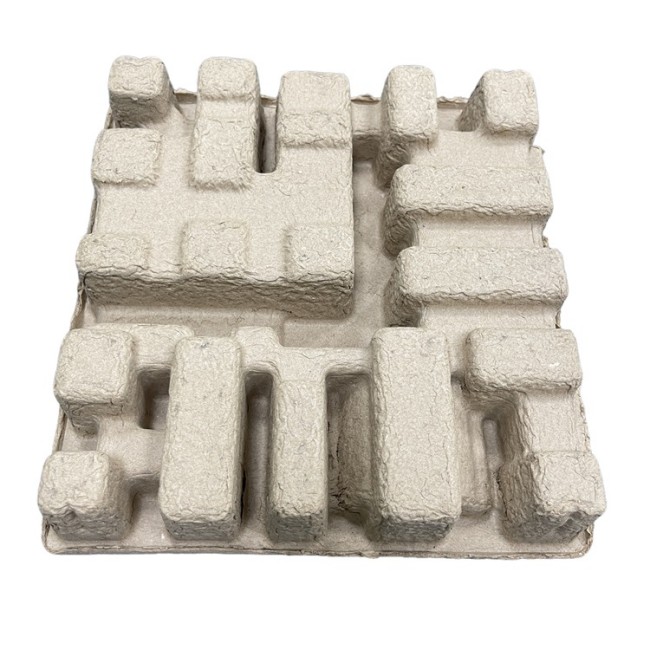With sustainability becoming a key focus in packaging solutions, compostable fiber packaging is gaining popularity as an eco-friendly alternative to plastic. Many businesses now rely on dry molded fiber suppliers and dry molded fiber manufacturers to develop custom dry molded fiber packaging that meets both functional and environmental needs. However, proper disposal is essential to ensuring these materials break down efficiently and contribute to waste reduction.
1. Understanding Compostable Fiber Packaging
Compostable fiber packaging is made from plant-based materials designed to decompose naturally in composting environments. Unlike biodegradable plastics, which may take years to break down and sometimes leave harmful microplastics behind, these fiber-based alternatives decompose fully when disposed of correctly. Leading dry molded fiber companies focus on making their products both durable for use and easily degradable after disposal.

2. The Best Disposal Methods
Home Composting
For individuals with a home compost bin, smaller compostable fiber packaging items can be disposed of with organic waste. To ensure proper breakdown:
Tear or cut the packaging into smaller pieces to speed up decomposition.
Mix with food scraps and yard waste for a balanced compost mix.
Maintain proper moisture and airflow in your compost bin to aid microbial activity.
Regularly monitor the process, as packaging may take a few months to fully decompose.
This method is ideal for items such as food trays and fiber-based takeout containers that are not coated with synthetic linings.
Industrial Composting
Many forms of fiber-based packaging, especially those used for food service or shipping, require higher temperatures to break down effectively. Industrial composting facilities are designed to handle such materials efficiently. To ensure proper disposal:
Check packaging labels for industrial composting certifications.
Find a local composting facility that accepts fiber-based materials.
Inquire about curbside composting programs in your area that collect fiber packaging.
Industrial composting is often the best choice for thick, molded fiber packaging that might not break down quickly in home composting systems.

Recycling Considerations
While some fiber-based packaging can be recycled, not all facilities accept it due to potential food contamination or specialized coatings. To determine whether recycling is an option:
Look for recycling symbols on the packaging.
Make sure the packaging is clean and free from food residue.
Avoid mixing fiber-based materials with standard paper or plastic recycling unless confirmed by local waste management guidelines.
Landfill Disposal (Last Resort)
If composting and recycling are not available, compostable fiber packaging may end up in general waste. While it will eventually degrade, landfills lack the optimal conditions for composting, meaning the process will be significantly slower. To reduce landfill waste, businesses and consumers should prioritize composting or seek packaging solutions that align with sustainable disposal options.

3. The Role of Fiber Packaging Manufacturers in Sustainability
As demand for eco-friendly solutions grows, dry molded fiber suppliers and manufacturers are continuously improving their products to enhance sustainability. Some key advancements include:
Development of fiber materials that decompose more quickly under natural conditions.
Collaborations with composting and recycling facilities to expand disposal options.
Innovation in custom dry molded fiber packaging that balances durability with environmental responsibility.
By choosing packaging from responsible dry molded fiber companies, businesses can contribute to a more circular economy, reducing waste and promoting sustainable disposal practices.
Final Thoughts:
Proper disposal of compostable fiber packaging is essential to ensuring its environmental benefits are fully realized. Whether through home or industrial composting, responsible recycling, or advocating for better waste management systems, businesses and consumers alike play a role in reducing landfill waste. Companies investing in custom dry molded fiber packaging should also take the lead in educating their customers about proper disposal methods to maximize sustainability efforts.


